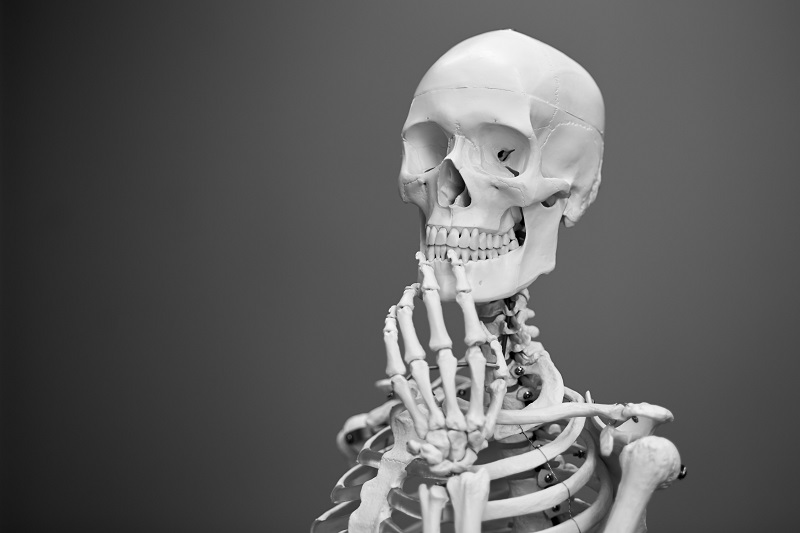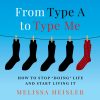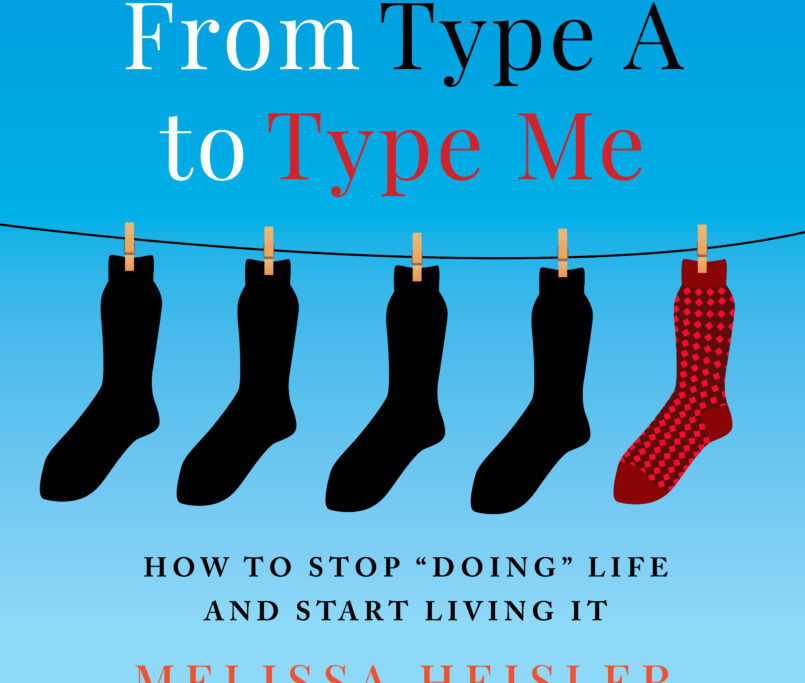What We Know and What We “Know”
Over the years, I have found tools and resources which are a little out of the norm, alternative you may say. I have often recommended these to my clients, usually with the disclaimer that I don’t know how they work but I have seen positive results personally and with my clients. I don’t have modern science to prove how or why they work, all I have my personal experience and that of my clients showing the value in using some of these alternative tools.
Catherine Johns shared how she ran into this situation with power poses. You know the pose, right? You stand like Wonder Woman, legs apart, hands on hips, head and shoulders held high. Sounds like there was a recent kerfluffle with someone claiming then denying there is scientific proof of how and why being in the power pose makes one feel more confident. Catherine brings up how instead of a discussion, those who disagreed with the initial findings were quick to viciously attack the person and findings online, yet the attackers were hesitant to have an adult conversation about the findings – which is a great discussion for another time. What I would like to explore here is what we know, and what we know.

I like science. I love research and findings. I like proof. And I like to go beyond science. Science can only show what we know. For the longest time, science thought the atom was the smallest unit of matter. Then scientists were able to go beyond the atom into the subatomic elements. It was not that science was wrong initially, science was just limited to what it could see at the time. Science is limited by the technology and thinking of each specific era. What is terrific about the scientific practice is it is ever growing and expanding, helping us to deepen our understanding of ourselves and the world we live in.
In the case of the power pose, the issue may be that the researcher was trying to make something fit where it doesn’t. The researcher may have assumed that hormones had to be affected in order to experience the increase in confidence. But what if the assumption is wrong, what if there are other ways for confidence to be increased outside of our hormones? What if we do not yet know or understand this other way?
Sometimes our science can not track and quantify what we need it to. Sometimes science can confirm there is a correlation, but not why there is a correlation. The University of California Museum of Paleontology shared an article on their Understanding Science site showing that science can now show that acupuncture works (in some cases), but not why it works. This is often the case I find myself in. I have found value in journaling, visualization, creating rituals for release, positive affirmations, essential oils, yoga, prayer, and meditation for relaxation and stress relief. I can provide you examples in my life and those of my clients how using these tools helped. I am at a complete loss as to why. And that is ok with me.
It may not be ok with others. Right now, there are so many people who want certainty. They want certainty through science, through religious doctrine, or through the way things “used to be.” Unfortunately, I don’t think there is certainty in this world. Trust me, I tried to find it. As a Type A, I longed for certainty. I wanted checklists and predictability. Eventually, I have found freedom, joy and power in uncertainty. I have found powerful tools I can’t explain. I have been the beneficiary of spectacularly perfect events. I have seen magic happen when I let go of needing to know.
What works miracles in your life that you can’t explain? Are you willing to let go of certainty to reap the benefits of the unknown?




